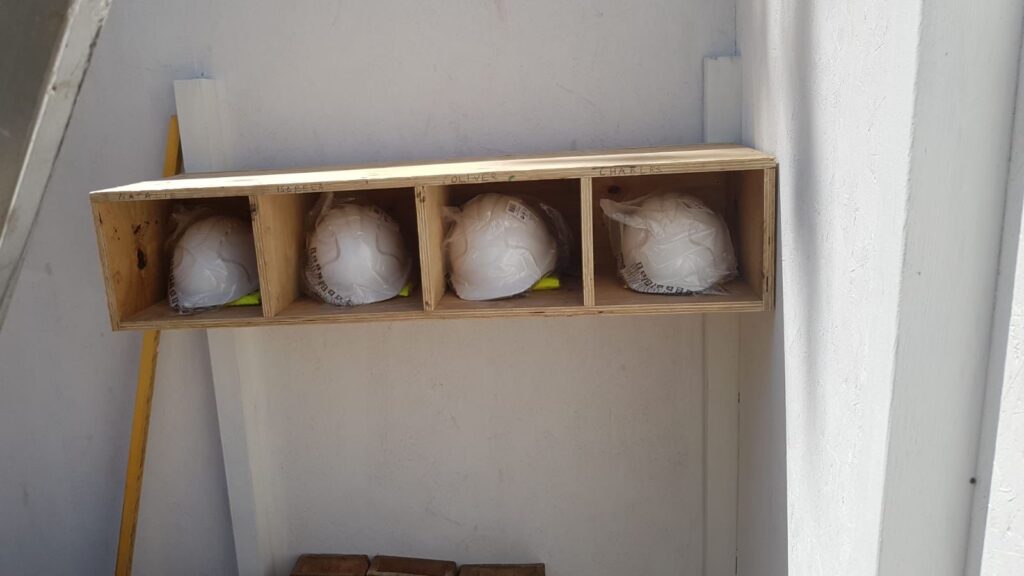Choosing the right company is one of the key components of successful home renovation project so lets start with what a renovation company is? It can be something as simple as sole trader i.e. a builder that just works for himself, a company who employs multiple trades or multi-departmental company with front and back office and all sorts of support .There is also fourth category, but it mainly applies to commercial projects so we won’t talk about it now. Quite often those three types of construction entities align with the project scale and complexity. Usually a home owner would look for a builder when doing some simple home improvement e.g. bathroom refurbishment or new kitchen, but that doesn’t mean that a good sole trader can’t handle bigger projects like extensions or loft conversions , however there are certain shortcomings by doing that, which I’ll explain later.
With bigger project most of the clients would look for a company , that could offer all services under “one roof”, thus making the project bit easier to manage. It doesn’t mean that limited companies with multidisciplinary staff wouldn’t do kitchen or bathroom renovation .
Finally, we have the companies which focus on complex project and would normally be omitted on small scale projects due to costs associated with their services.

What are the benefits of choosing each of them and what one should consider? Based on our experience, majority of small projects i.e. kitchen renovation or small extension has been looked at from financial perspective only, which means that the lowest offer wins. In general, this approach seems to be working well, when a builder has been recommended or has done some work for the client in the past, however the main threat would be, that if the builder gets sick or will suddenly disappear, the costs might soar substantially and project could get prolonged to the extent that the client will loose his financial stability. We’ve seen cases where builders were not capable of doing specific tasks, run multiple projects at the same time or underestimate the project. Quite often this would result in substandard finishes or renovation timeline extended multiple times. On the pros side, clients normally would have easier to communicate their ideas and needs as they would only talk to one person, who should then transform these instructions into reality.
With limited companies, a risk of gone missing or being sick is very little as they usually comprises a stable structure of directors, medium level managerial staff and on site supervisors, hence if someone is off there should be sufficient resources to cover and project would run without any disturbance. With these benefits come of course extra costs and this would be main disadvantage comparing to sole traders, however one would need to bear in mind, that without relevant knowledge, cost of “running the project” could be higher than appointing a company with turn key approach . On the other hand a renovation project might go in wrong direction when a company is ill build and communication chaos starts to dominate the project, therefore its always good to establish a ways of communications between the client and company priory to commencement.
Finally, we have big companies, with number of different departments that can handle most complex project. They would usually approach super prime house renovations or development projects. Their knowledge and experience will come with premium price, which sometimes can outweigh the benefits . These companies would often offer in house design consultations and technical expertise without the need of hiring external consultants .This in turn can be considered as an asset or complete opposite i.e. it’s not uncommon for those type of companies to create extra costs only for their own benefit. There is also a risk of communication noise, which can be very costly as information flows much slower in the structures like that plus decision process can be quite lengthy .

In essence these would be the main differences between various contractors, which are of key importance, but you still need to pick up the one for your project so how would you do that. Typically a homeowner can run the vetting process himself and choose the company which would work best for him/her or can outsource the bidding project to a professional body like architect, interior designer or quantity surveyor. The former tends to be a common practice for small scale renovations, where client can assess the bids himself/herself and professional expertise is not that important, although still desirable. The latter on the other hand is inseparable part of more complex projects, where various elements are being design and then tendering process starts. In both cases it is advisable to limit the potential candidates to maximum 4 as otherwise one can stretch the decision process for too long, which can have repercussion in overall cost and it can also become overwhelming to choose from too many companies. Once the vetting project starts, it’s good to have a coherent scope of works, making comparable analysis easier i.e. you compare apples with apples rather than apples with bananas, in other words one company can included something which the other hasn’t and that’s why price is higher and someone without relevant knowledge might not see that and will make a decision purely on price. It’s a bit easier if the tender project is managed by professionals as in theory this should allow a person without any expertise compare the bids with help of that professional. They should explain the client all technical terms, give a brief description of each company, provide contract options and payment schedules . They will also give their opinion on the bids, which can be useful , but one needs to be careful as quite often an architect or interior designer will introduce their own contractors, which will get all the praise due to their relationship , but this in majority of cases would work in architect’s and contractor favour rather then client’s and conclusion of such process could be the winning company being the most expensive one.Having said that, architect- contractors relationship is not necessarily a bad thing, but should make client bit more cautious .

In most cases, tenders provided would be very similar and therefore client may want to ask for any extra benefits like post completion maintenance, retention period, project handlers etc Anything that would represent value to the client and hasn’t been expressed in financial measures.
As a rule of thumb, we always advise the client to focus on the middle prices as they usually reflect the market value and do proper due diligence on the most extreme estimates as cheapest doesn’t mean good and dearest doesn’t mean the best.
Finding the right renovation company can give you not only a peace of mind, but could also save you money and time as they would not only run the project as per details provided, but would implement some cost saving solutions and introduce practical measure to the design if possible.





